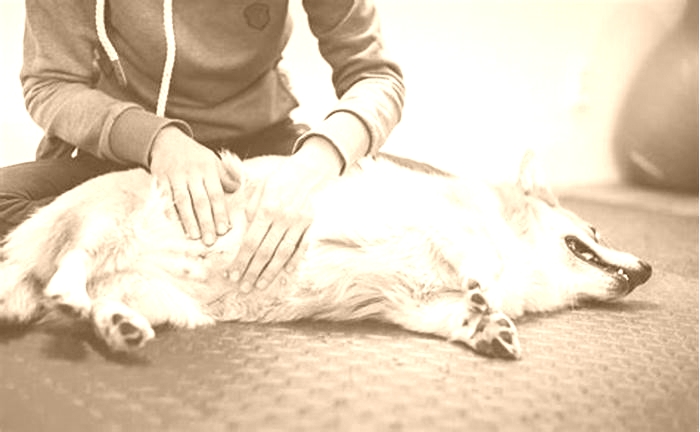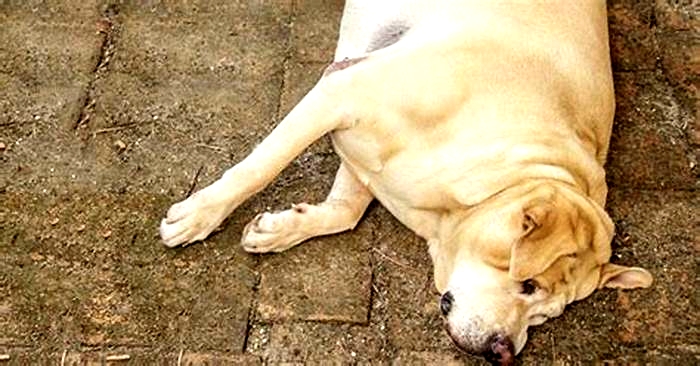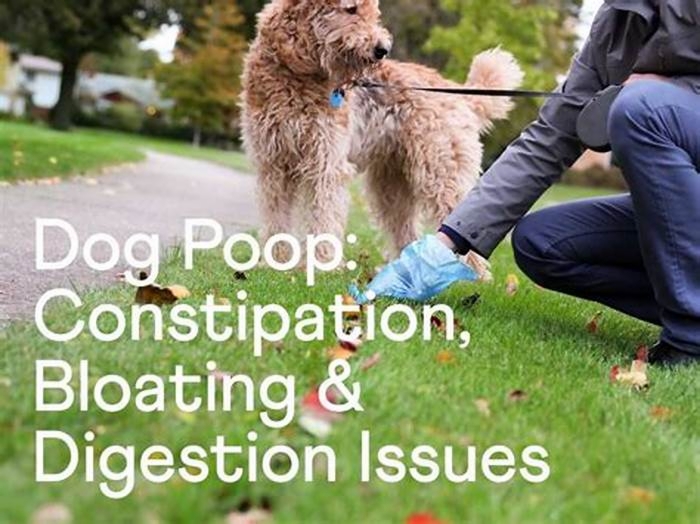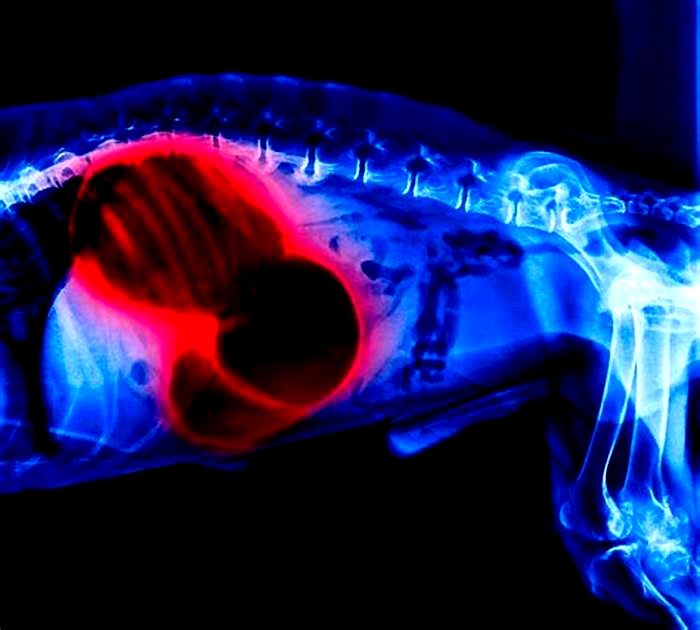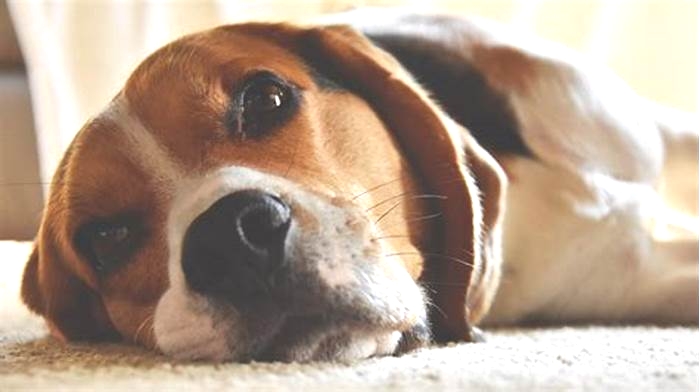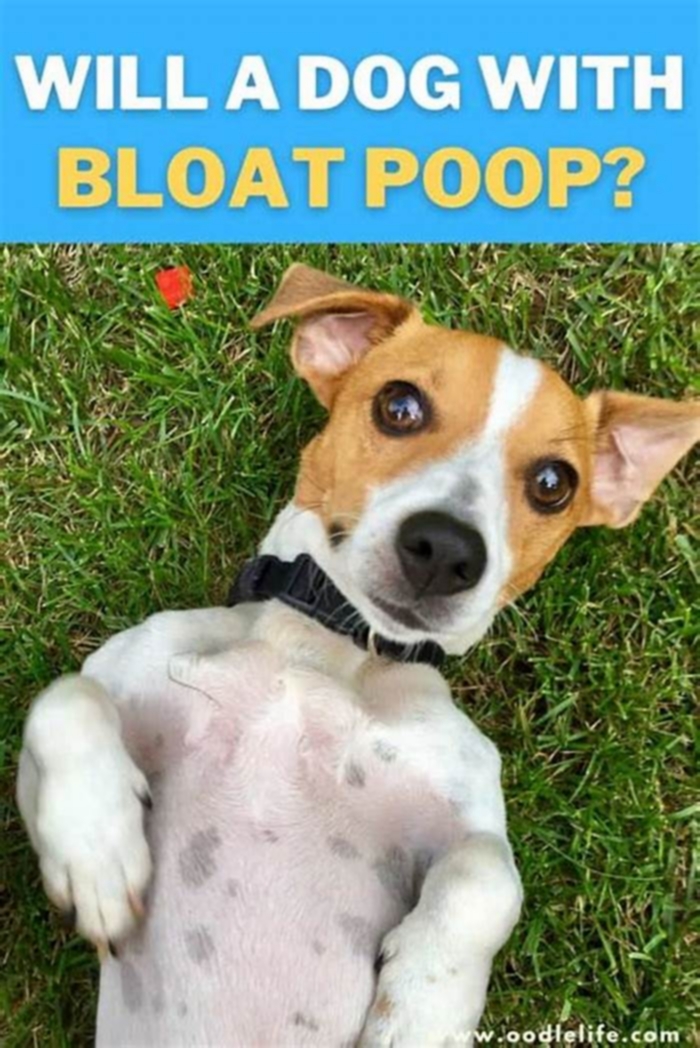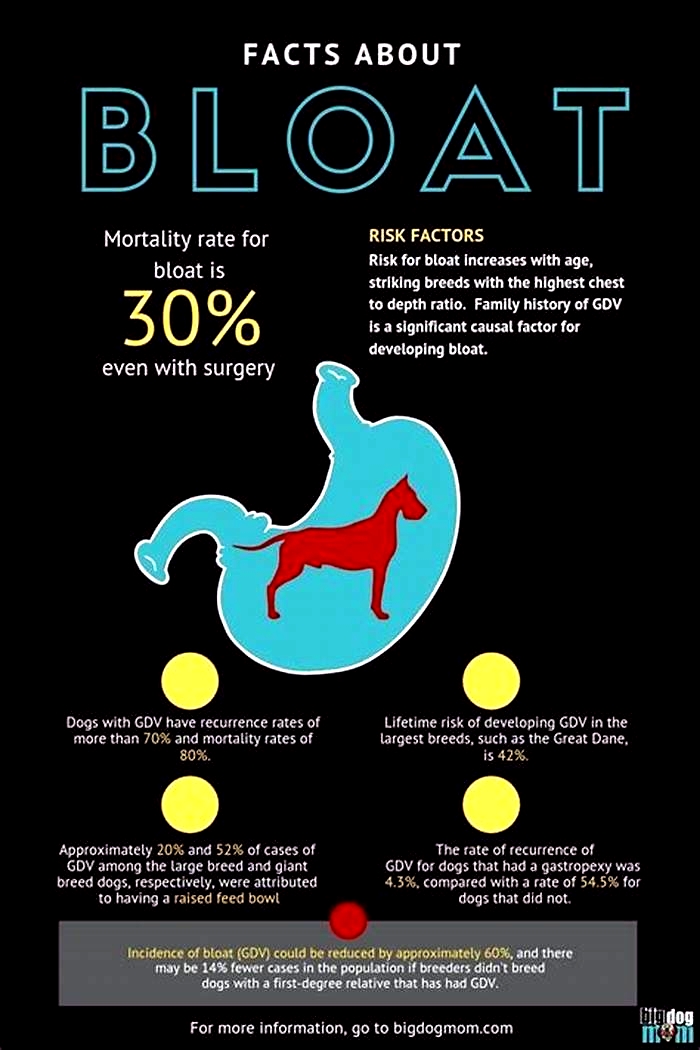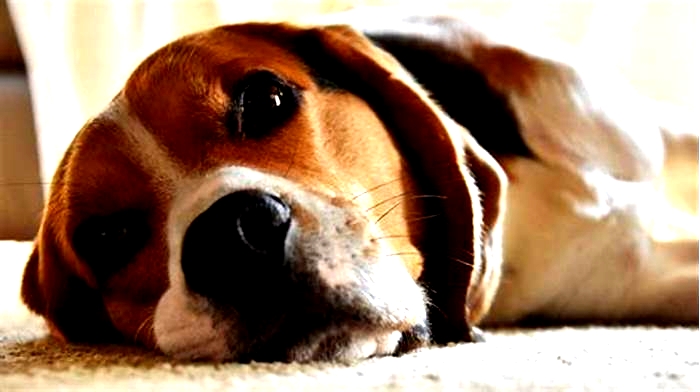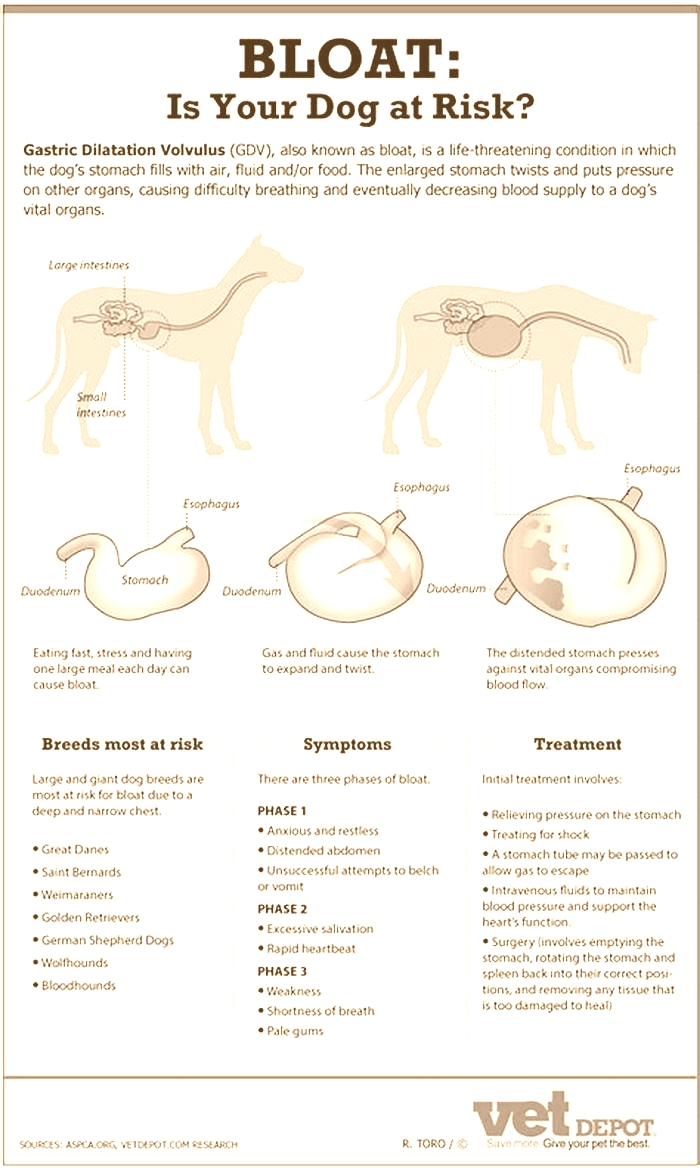Can a dog bloat resolve on its own
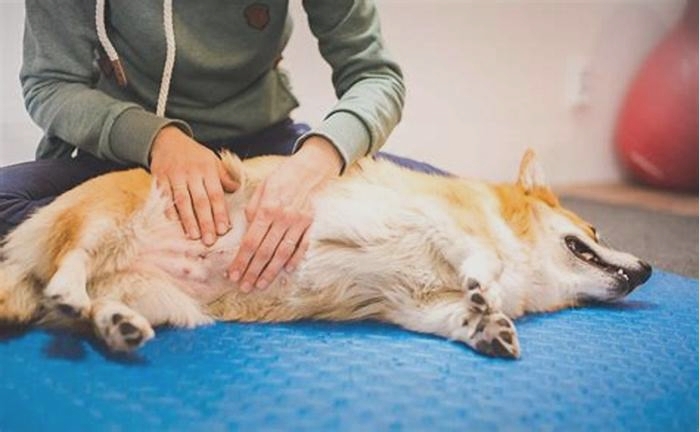
Dog Bloated Stomach Home Remedy
Key Takeaways
- Some immediate dog bloated stomach home remedy includes adjusting your dogs diet, getting him to do regular exercise, and making sure your dog does not eat fast or get active after eating.
- Bloat is what happens when a dog develops gas typically after eating too much.
- If not treated properly, canine bloat can lead into a more serious illness called Gastric Dilatation and Volvulus or GDV. This is more common specifically in a giant breed dog.
There is nothing more uncomfortable than the feeling of a bloated tummy! For humans, many things can cause us to feel bloated, but, we also have a means of safely relieving bloat. Furthermore, we can communicate how we feel to others and procure those reliefs. I always remind pet owners that for dogs, bloat can be a symptom of other tummy troubles; it can also be a serious issue that affects certain dog breeds more than others.
Some immediate dog bloated stomach home remedy includes adding probiotics and prebiotics to your dogs diet, feeding unseasoned cooked pumpkin, light exercise, using slow feeders, giving small portions of meals, or giving over the counter gas treatment.
I never like seeing any of my dogs in pain, so I always resort to home remedies or even go straight to the vets clinic. For dogs, tummy bloat is not only uncomfortable; pet parents may notice that their dogs dont feel well, but bloat may not be easily observed. Therefore, we pet parents need to understand what bloat is, how serious it may be, and we should be able to spot the signs of bloat in our canine companions.
What is Bloat in Dogs?
Bloat in dogs is the distention of the abdomen. Bloat is a term that we may use because we associate it with the swelling of the tummy, possibly caused by eating too much or by developing gas after eating. Feeling bloated or experiencing bloat is not usually harmful in dogs. However, the term bloat is often used to describe a serious illness in dogs gastrointestinal tractGastric Dilatation and Volvulus or GDV. GDV is potentially deadly in dogs, and it is more common in certain breedsspecifically the giant breeds and deep chested dogs.
With that said, all bloat in dogs is NOT serious. Sometimes bloat takes place when a dog has eaten too much or has possibly eaten something he shouldnt have; sometimes it simply means your dogs abdomen is full of air or too much gas. Much like when humans experience bloat, this condition is temporary. It is uncomfortable, and it can make our pups feel lethargic until it passes.
The condition, however, can become dangerous if the stomach twists and causes the blood supply to be cut off to major organs. This is when simple stomach bloat can become GDV, and it should be addressed by your veterinarian.
GDV occurs when the dogs belly fills with air, and, as the pressure in the stomach increases, blood flow is cut off to the legs and stomach; this blood cannot return to the heart to be pumped throughout the body, and it begins pooling in the lower half of the dogs body. This in itself can cause a dog to go into shock.
If the swollen stomach then turns over, the spleen and pancreas are pulled out of their normal position in the body. This causes blood to be cut off to this area of the body. The pancreas will then begin secreting a hormone that serves to stop the heart. This is when GDV becomes fatal. Dogs may have to have surgery to correct this issue; unfortunately, the surgery itself does NOT mean the dog will survive. This is why it is so important to catch GDV as quickly as possible.
What Breeds are More Prone to Developing Bloat or Gastric Dilatation and Volvulus?
Typically, bloat that can become a deadly situation is most common in giant breed dogs. This includes German Shepherds, Mastiffs, and Great Danes. These extra large breed dogs all share one common traitdeep chests.
How Can I Observe My Dog to Determine if GDV is Occurring?
Vets will tell pet parents that bloat kills at least thirty percent of canine patients as it is usually a sign of problems for a dogs health. In fact, a dog that has developed bloat leading to GDV will have a fifty-fifty chance of surviving the event. The key to helping your pup survive a bout of GDV is early observation and getting him to the vets office as quickly as possible. This is why it is important to treat bloat immediately.
So, what do we look for as pet parents to determine whether Fido simply has gas or if it is the more serious GDV?
First, you may observe your dogs stomach becoming distended due to becoming enlarged. Yes, this may be due to a simple case of gas; however, there are other signs to watch for. Your dog may vomit, begin to salivate, and may exhibit restless behavior. If you press on Fidos belly, he may whine due to the upset stomach and the pain he is feeling.
It is important to understand that bloat caused by GDV can cause a dog to go into shock in as little as one hour. This is why rapid veterinarian intervention is necessary.
Many times, a dog that is developing GDV will be anxious and perhaps pacing (restlessness). He may try to vomit, but nothing comes up. Passing gas and burping may also be your dogs way of relieving pain. You may notice the dog trying to drink more water. The belly may feel hard to the touch. Look for pale gums in dogs or gums that are turning purple; this is often the symptom that the illness is no longer regular food bloat. If your dog is becoming weak and appears unable to stand, then get to the vet immediately.
Because the symptoms of your dogs food bloat (simply eating too much) and GDV are so similar, it is important to call the vet immediately. She may inquire about Fidos symptoms, and she may offer some methods you can try at home. She may also recommend bringing the dog in immediately. Typically, an X-ray is the best way to determine that your dog is simply suffering from food bloat rather than GDV.
What Causes Bloat in Dogs?
1. Intestinal Parasites
Young puppies may appear to have a bloated belly due to the presence of intestinal parasites. This is a condition that affects most, if not all, young pups; this is why one of the first things a vet will do when you bring in a young dog is to treat him with a dewormer for dogs. The most common intestinal parasites in puppies are hookworms and roundworms. Vets typically perform a fecal screening test that shows the presence of these parasites, and treatment follows.
If your young dog appears to have a swollen tummy and youve also observed his coat lacking luster and shine or brittle hair along with pale gums and diarrhea, your puppy should be checked for the presence of intestinal parasites. Again, this condition is easily treated with dewormers.
2. Something ingested that shouldnt have been
Unfortunately, even the best dogs will become curious and rummage through the garbage. This is especially so when a dog can smell leftovers in said garbage. It is extremely important that one never disposes of bones in the garbage; at least, one should not leave the garbage in a place that Fido can easily get to.
Garbage isnt the only thing curious pups get into; some dogs chew, and chew, and chew! (Think the mischievous Marley in John Grogans book and later, the movie.) Unfortunately, you can provide all the best chew toys in the world, and some pups will pass them over to gnaw on the furniture, shoes, even door handles! If your puppy displays an affinity for chewing anything and everything, then you should consider putting him in a dog crate while you are away or otherwise unable to observe his correct chewing behavior.
So, with that said, the ingestion of non-food items (including bones) can cause bloat in dogs.
3. Eating too much
Have you returned home from an errand to observe that Fido has gotten into his dog food and eaten way too much? When a dog eats too much, it can cause bloat, but, fortunately, most of the time, the food will eventually digestbut it will be a struggle for your dogs digestive system. Its a good idea to keep an eye on Fido if he has eaten more food than he should; the resulting food bloat CAN turn into a GDV bloat.
4. Fluid in the abdomen
This is a rare cause of bloat, but it does exist. This is typically a symptom of a more serious problem, including heart failure and cancer. This is more prevalent in older dogs, and veterinary treatment is necessary.
Are There Things I Can Do at Home to Treat Regular Food Bloat?
If you are unsure if your dog is suffering from regular food bloat or from GDV, err on the side of caution and take her to the vet immediately [1]! Dog owners must realize that its better to have a vet bill for a puppy who loves to chew and eat rather than to lose a beloved pet! If nothing else, give the vets office a call and ask his advice.
However, if you determine that your dog has regular food bloat, then there are a few things you can do at home to alleviate the problem and reduce your dogs risk of developing a simple bloat to GDV.
1. Probiotics and prebiotics
While these should not be home remedies, you can make sure that your dog gets enough of these in her diet to hopefully prevent bloat in the future. Many commercial dog foods now include either or both the best probiotics for dogs as well as prebiotics; this helps to promote healthy digestion in dogs.You can also add these in a homemade dog food.
2. Dont change Fidos diet suddenly.
If youve recently realized that your dogs normal dog food has a lot of fillers, preservatives, and overall unhealthy ingredients, you definitely want to change to more nutritious food. However, dont just change your dogs diet overnight. Do this gradually so that Fidos tummy will have time to adjust. Surprisingly, a dog stomach upset or bloating happens when moving to a new, healthier food.Some people swear by the benefits of a raw diet when it comes to preventing gas.
3. Be sure to observe whether Fido is a fast eater.
Does your dog seem to inhale her food? Does she eat as if shes in a hurry? Some dogs get into the habit of having to wolf down food, especially puppies who have been fed with their siblings. Its easy to break these eating habits.
Spend a little money and purchase a slow feeder. These are actually affordable, and they work to make eating a sort of game. These feeders help pups to slow down about ten times the speed during which they eat.
You can also use an elevated feeder or a raised food bowl which works by using gravity to disperse more food into the dogs bowl.Raised bowls also help larger dogs not have a hard time reaching down to eat and tense as the dogs stomach fills.
Always be sure to feed multiple dogs separately or youll see them speed through their meals.
4. Use massage to work the air out of Fidos tummy
Yes, Fido may fight you on this, but it is important to help get the air out of his tummy. Begin by pulling Fido into your lap, flatten your palm against his tummy, and slowly move it over his stomach. Shortly, the air should begin to work its way out of Fidos belly.
5. Exercise
You may be able to help your pet pass gas in his tummy by taking a short, leisurely walk. Plus, this will stimulate your dogs digestive tract and keep the blood pumping in his body.
FAQs
1. Can dog bloat go away on its own?
Yes and no. Food bloat can and usually does go away on its own; GDV bloat is a medical emergency, and it can only be diagnosed and treated by a vet.
2. Will a dog with bloat poop?
If the dog is experiencing food bloat, it is likely he will poop. However, when a dog is experiencing GDV, it is unlikely. You may observe the dog trying to vomit, with no success. He may drool, and he may pace until his legs get wobbly and weak. If you take your dog for a walk to relieve gas on the belly and he exhibits any of these symptoms, you should call a vet.
3. Can I give my dog baking soda for bloating?
No. Dogs should never be given baking soda as large amounts of the product can be toxic to dogs.
4. What causes a dogs stomach to bloat?
There are several things that can cause bloat from overeating to eating a foreign object. Food bloat is typically nothing to worry about, but even food bloat can lead to GDV, or gastric dilatation volvulus, which can be fatal.

